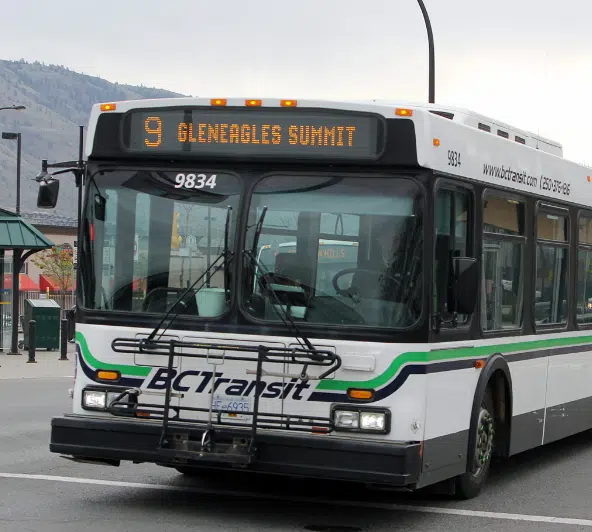
B.C. Transit plans to fully electrify its bus fleet by the year 2040 with plans to use low-carbon technologies like CNG buses to bridge the transition.
The crown corporation announced its low-carbon fleet program on Monday, outlining how it plans to switch from diesel to zero-emissions vehicles.
“In the creation of this plan, we had to consider the fleet replacement of our 1,100 buses to ensure we are getting the most out of our vehicles we have on the road,” said Aaron Lamb, VP of Asset Management, noting another 350 buses will be added to the fleet over the next decade.
Lamb says the new plan is focused on four principles.
“We will transition our fleet to electric propulsion based on the fleet replacement plan. We will bridge the transition to electric which can take advantage of alternative low carbon fuels,” he said.
“All of our investment decisions will be guided by business cases which will evaluate options with the sustainable lens, and we will establish the essential partnerships to make this all happen.”
Lamb says B.C. Transit has already taken steps to implement this plan with ten electric buses announced for Victoria earlier this month.
“We’re working with FORTIS BC to identify sources of renewable natural gas. We are working with BC Hydro to undertake energy capacity assessments at our transit centres,” he said. “We have been info sharing and are also working with TransLink on a request for information about electric buses.”
BC Transit he noted has time to learn about new technologies before making significant decisions.
“From our light duty buses that you normally see with HandyDart to our medium 30 foot and 35 foot buses to our heavy duty 40 foot buses, and our high capacity double-decker buses. Each of our classifications has a distinct pathway to electrification.”
B.C. Transit plans to buy only electric heavy-duty buses in 2023. In 2024, it will buy only electric double-decker buses; only electric light-duty buses such in 2025; and only electric medium-duty 30- and 35-foot buses in 2028.














